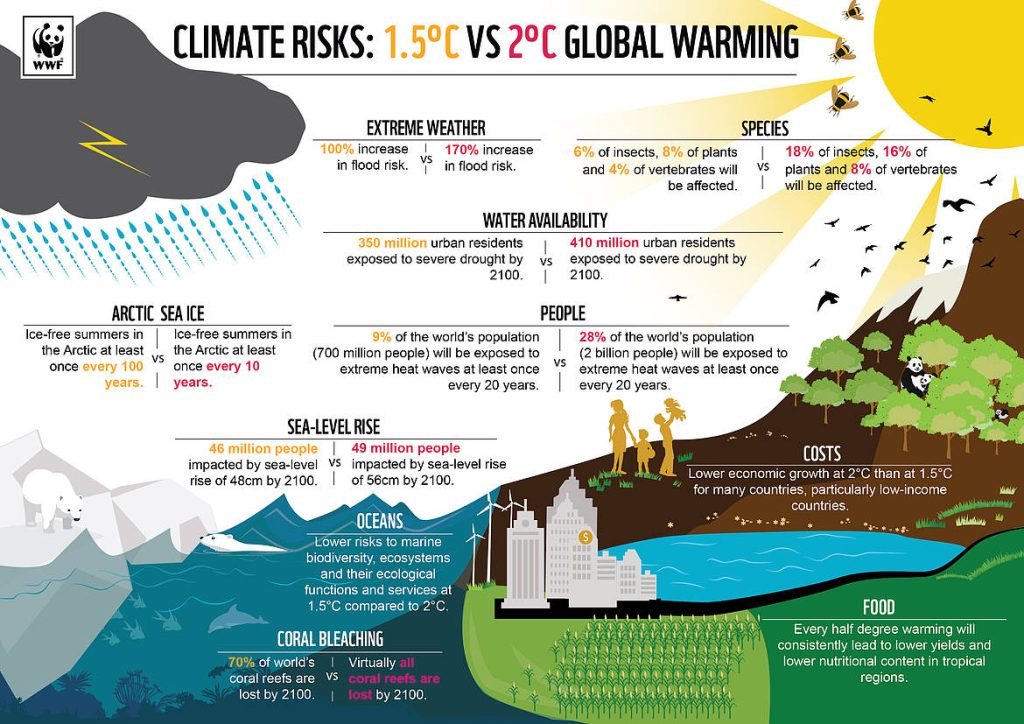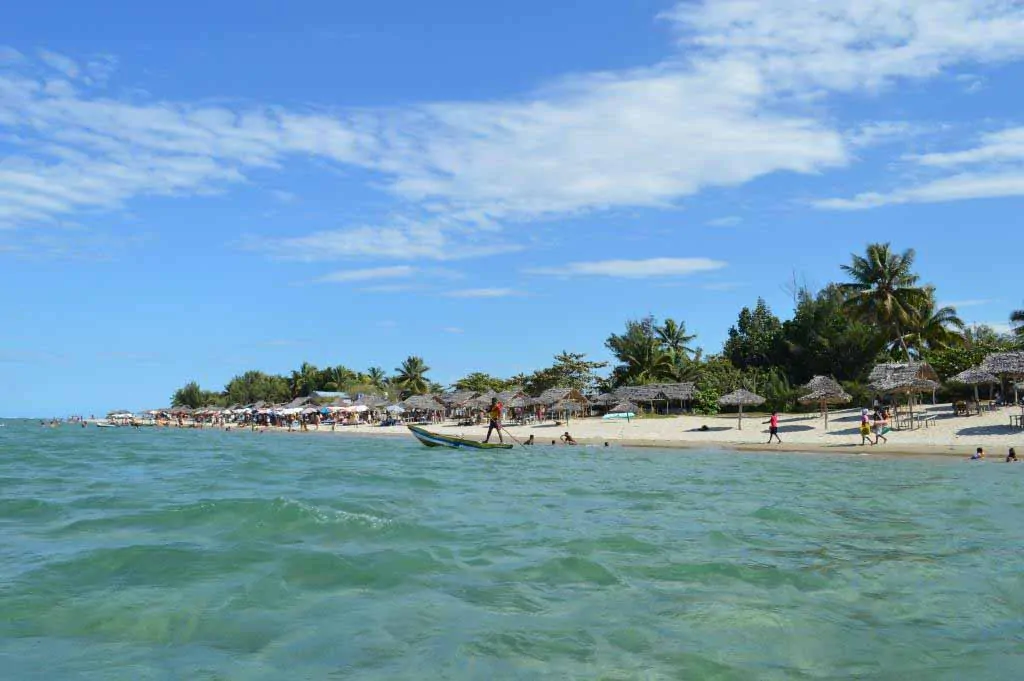The project, Scaling Up Ecosystem-Based Adaptation for Coastal Areas in Madagascar, is one of the most ambitious ecosystem-based adaptation efforts in Africa to date.
Madagascar Invests $7 Million in Coastal Defence to Combat Climate Change

As climate change continues to reshape coastlines, disrupt weather patterns and threaten livelihoods around the world, the Government of Madagascar has taken a bold step forward by launching a $7.1 million initiative aimed at protecting its fragile coastal ecosystems and the communities that depend on them.
The project, Scaling Up Ecosystem-Based Adaptation for Coastal Areas in Madagascar, is one of the most ambitious ecosystem-based adaptation efforts in Africa to date. It is being spearheaded by Madagascar’s Ministry of Environment and Sustainable Development, with support from the United Nations Environment Programme (UNEP) and funding from the Global Environment Facility, alongside $27 million in co-financing.
It arrives at a critical moment not just for Madagascar, but for the world. As the effects of climate change grow more visible and intense, from floods in Europe and North America to prolonged droughts in East Africa, the message is clear: climate change is no longer a future threat. It is a present-day crisis.
Rising Sea Levels
Nowhere is that more evident than in Africa, a continent responsible for the least greenhouse gas emissions yet among the hardest hit by their consequences. In Madagascar, climate change is already being felt through rising sea levels, stronger and more frequent cyclones, saline intrusion, and coastal erosion, all of which disproportionately affect the country’s poorest and most vulnerable.
With over 75% of the Malagasy population living along coastal zones, communities rely heavily on marine resources, coastal forests, and mangroves for food, income, and protection.

These ecosystems serve as natural buffers against storm surges and flooding while also acting as crucial carbon sinks. But years of overfishing, deforestation, and environmental degradation have left many coastal areas exposed and weakened, exactly when they are needed most.
The newly launched project seeks to address this head-on by restoring 3,000 hectares of mangroves and coastal forests and rehabilitating 2,000 hectares of degraded watersheds across four vulnerable regions: Boeny, Menabe, Diana, and Atsimo Atsinanana.
READ MORE: African Cities Deepen Fiscal Reforms to Drive Sustainable Development
The initiative is expected to directly benefit nearly 100,000 people, many of whom rely on fishing, small-scale agriculture, and forest products for survival.
Nature-Based Solutions: The Future of Adaptation
The Madagascar initiative is built on the principle of ecosystem-based adaptation (EbA), a nature-based approach to climate resilience that uses biodiversity and ecosystem services to help people adapt to the adverse effects of climate change.

According to UNEP’s Paz Lopez-Rey, the project will not only help restore vital natural ecosystems but will also embed EbA into the national policy framework. “This project will strengthen local governance for integrated coastal zone management,” Lopez-Rey said. “But it will go further than that; it will lead to a national strategy to scale up ecosystem-based adaptation in other vulnerable coastal areas of the country.”
Beyond Trees: Building Climate-Resilient Economies
In addition to ecosystem restoration, the project will support the creation of 20 ecosystem-based businesses, focusing particularly on women and youth. These businesses will span sectors such as sustainable fisheries, aquaculture, beekeeping, ecotourism, and rainfed agriculture, sectors that not only generate income but also build resilience to future climate shocks.
Training, technical support, and equipment will be made available to these communities, ensuring that the benefits of climate adaptation go beyond environmental protection to include economic empowerment and food security.
At the official launch ceremony held at Hôtel Le Louvre in Antaninarenina, the message was clear: the time for talk is over. The time for action backed by serious financial investment is now.

Hahitantsoa Tokinirina Razafimahefa, Secretary General of the Ministry of Environment and Sustainable Development, summarised the project’s goals succinctly:
“Restoring mangroves means protecting the coastline, supporting sustainable small-scale fishing, creating natural carbon sinks, and preserving nesting sites for rare species. In other words, it means acting on adaptation, mitigation, food security, and biodiversity conservation, all at once.”
What This Means for Africa and the World
Madagascar’s $7 million investment is a microcosm of the larger global challenge: how to build resilience in the face of a climate crisis that does not respect borders. Africa, with its vast natural resources and youthful population, stands at a crossroads. Either it becomes the continent most devastated by climate change, or it leads the way in adapting to it with support from the global community.
READ MORE: Winter Storm Wreaks Havoc in South Africa’s Eastern Cape
In recent years, countries like Kenya, Mozambique, and Senegal have made notable strides in climate adaptation, but the scale of the challenge remains immense. A 2023 report by the African Development Bank estimated that Africa needs over $100 billion annually for adaptation alone. And yet, climate finance flows to the continent remain far below this target.

Madagascar’s coastal project demonstrates that effective adaptation is not only possible, but also transformative when matched with political will, international support, and community involvement.
Climate change is not a far-off concern. It is a present danger that is already displacing communities, threatening food security, and upending economies. Madagascar’s new initiative offers a hopeful glimpse of what climate resilience can look like on the ground. But it also serves as a stark reminder: the cost of inaction will be far higher than any investment we make today.
Subscribe to Our Newsletter
Keep in touch with our news & offers
Thank you for subscribing to the newsletter.
Oops. Something went wrong. Please try again later.










